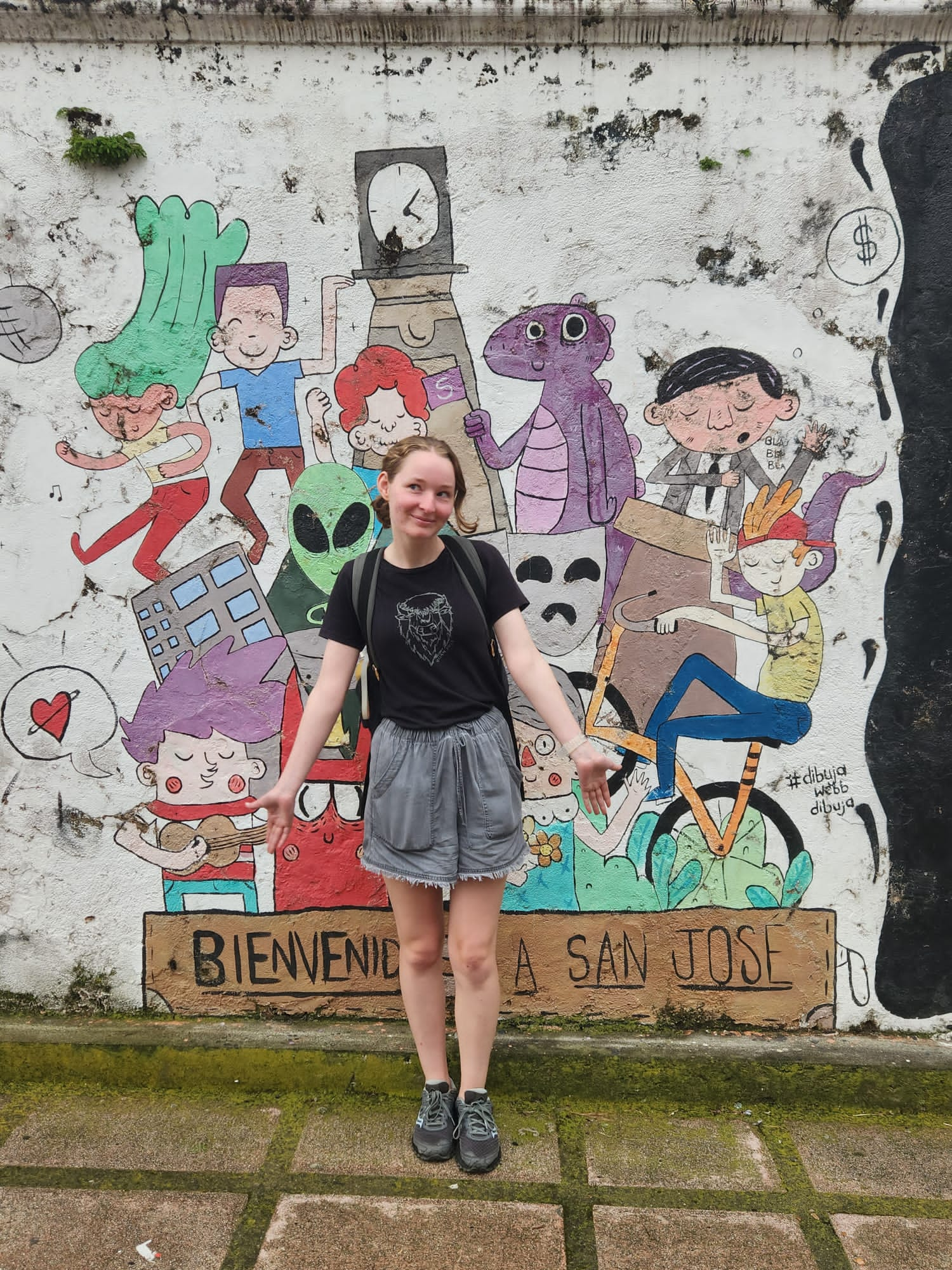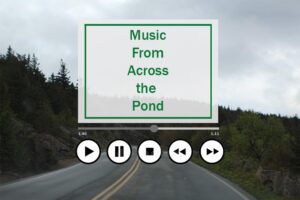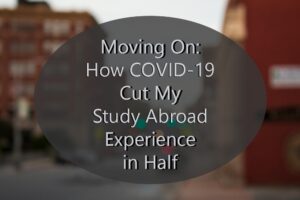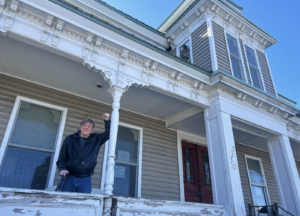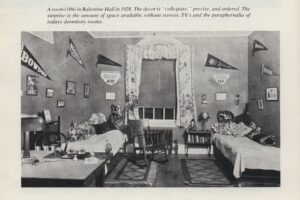In these cold and lonely winter days, I find myself missing the outer warmth of Costa Rica’s climate and the inner warmth of its kind friends. While I know I’d last all of five minutes in the sweltering Costa Rica sun before wishing to dive into a snowbank, my lingering experiences of studying abroad leave me both satisfied and longing for more.
Due to whatever luck looked upon me in 2023—whether it was fate, the University of Maine’s graduation system, or simply bad planning (that’s on me)—this summer semester was my last. Graduating college is a big step, but it’s even bigger when you decide to conclude your studies in a foreign country after spending your entire life in the same small towns on the Maine coast. This happenstance also left me with a critical companion while in Costa Rica: my in-progress honors thesis.
My honor’s thesis is, essentially, about the “other.” It is about building the understanding that we do not currently have. If there were ever a place to explore the other—through the environment, no less—and strike a chance at connection, Costa Rica is certainly a good place to do it. Costa Rica is lively and inviting, and its people are the same. However, one shouldn’t over-praise the whole in favor of the little things. Understanding is not always some grand event—in fact, it almost never is. And it’s never so simple.

Understanding can be rough. Sometimes, understanding is feeling guilty because you can’t eat all the food your host mom wants you to eat. Sometimes, it’s stepping over discarded needles on the street and thinking about home. Sometimes, it’s silently begging people to speak Spanish instead of English because even though you appreciate their efforts to speak to you in your native tongue, you just can’t understand them with their accent.
But then there are the moments that transcend beyond understanding and reach connection. Sometimes, connection is watching the sunrise over mountains and valleys with your new friend from the backseat of an Uber. Sometimes, it’s watching a local woman on the bus take pictures of the sunset. Sometimes, it’s saying thank you to someone you’ve just met and knowing that she is also a visitor because she said “de nada” (you’re welcome) instead of “con gusto” (with pleasure).
In your own study abroad experience, I ask that you revel in these small moments. It’s easy to leave them behind in the whirlwind of your time, but standing there, just to breathe, on an international university campus while people go about their lives around you or stopping to admire a duck while a local does the same, you truly begin to understand that humanity was never meant to be apart.
I am endlessly grateful for my experiences in Costa Rica and all that made them possible. Now, I never turn down an opportunity to start a sentence with: “When I was in Costa Rica…”
Before Costa Rica, I had always dreamed of studying abroad but never thought it possible. I only began to meet with UMaine’s study abroad team as a hypothetical, hoping for a miracle. Without the generous financial support I received from scholarships, my two months in Costa Rica would never have happened. In particular, I must acknowledge the Gilman scholarship.
The Gilman scholarship is a U.S. government-sponsored program for students going abroad. It is specifically for students with limited financial means and is only open to U.S. citizens who receive federal Pell grants during their undergraduate studies. If this describes you, then perhaps you could make your own dream of studying abroad a reality.
The Gilman application process is rather simple. After answering general questions about eligibility and your abroad program and uploading your transcripts, you will submit three short essays. The first is a Statement of Purpose, where you describe your goals and skills related to your program. This one is the most important; in this essay, you want to show Gilman that you have chosen your program with care and that you are prepared to study abroad. The second essay is Building Mutual Understanding, which is about representing your home country while abroad and making connections in your host culture. Lastly, the Follow-On Service Project is your chance to pitch how you will increase awareness of study abroad and the Gilman scholarship in your home community (hi, that’s this). Gilman’s website contains more information about their scholarship and the application process.
With the guidance of UMaine’s study abroad team and the Office of Major Scholarships, I won. Thus, I stepped foot into another country for the first time in my life and made the memories that leave me wanting to return.
Written by Cheyenne Hebert, a former head copy editor at The Maine Campus.
